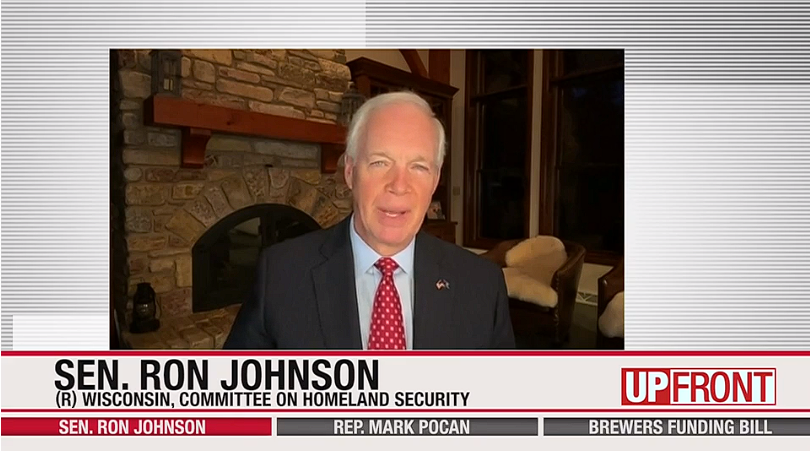Republican U.S. Sen. Ron Johnson says he'd back a continuing resolution to keep the government open and funded through April as lawmakers race to avert another government shutdown by Nov. 17.
"What I've been proposing is doing a longer continuing resolution into April," the Oshkosh Republican said on WISN's "UpFront," produced in partnership with WisPolitics. "If we complete all of our work by the...
Please log in to access subscriber content.
If you don't have a subscription, please contact schmies@wispolitics.com for subscription options on the WisPolitics-State Affairs platform, which is the new home for WisPolitics subscriber products.


